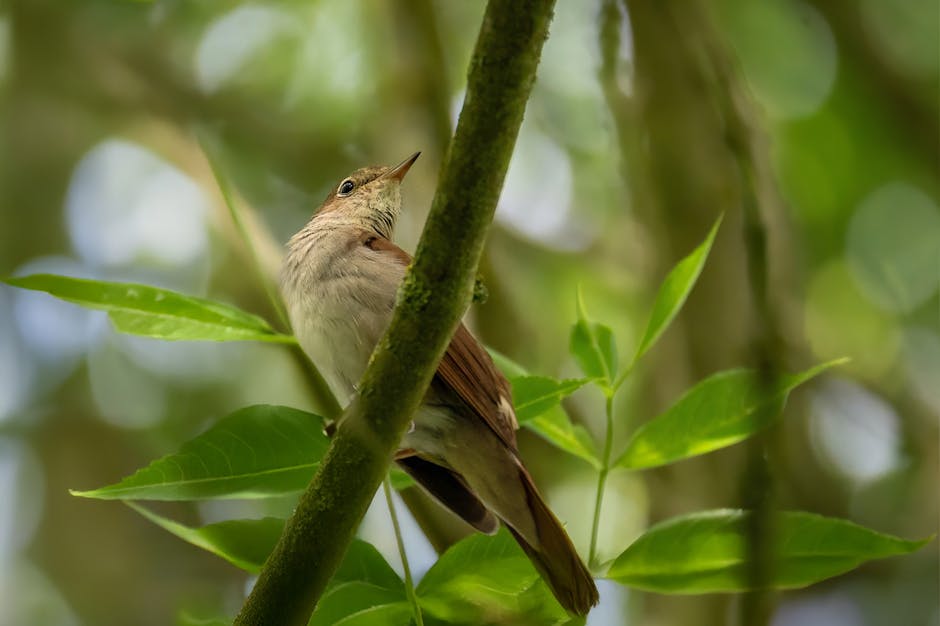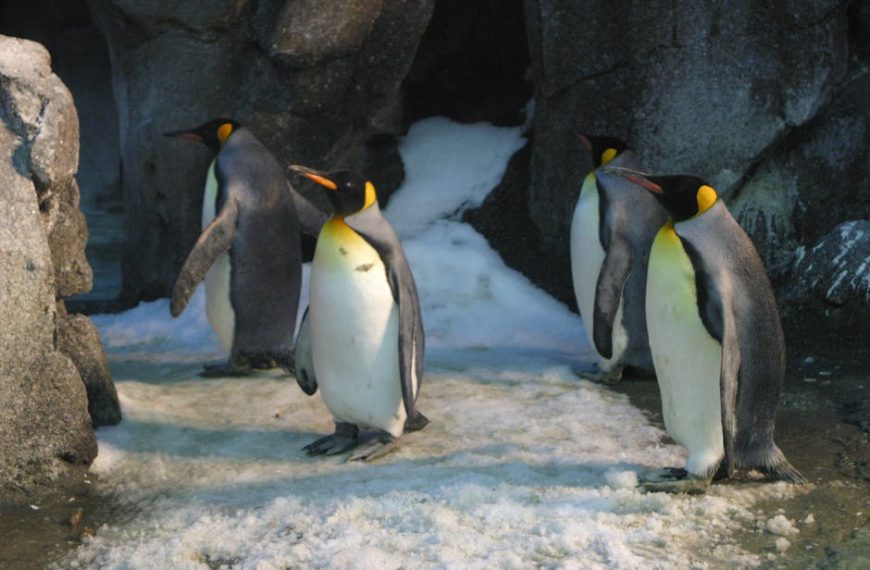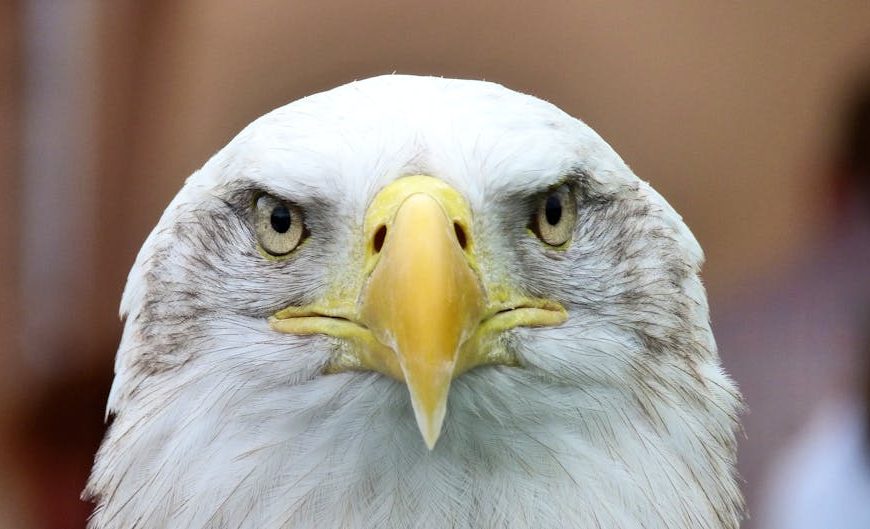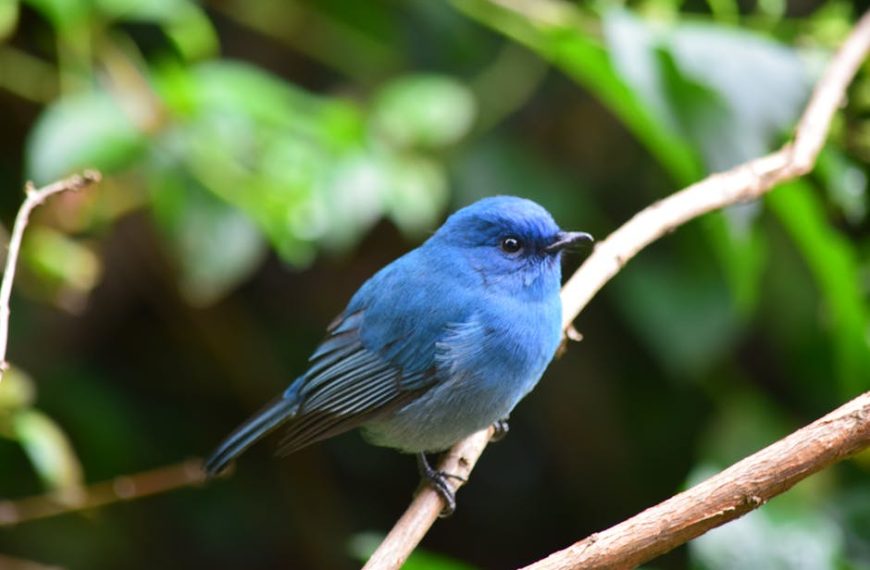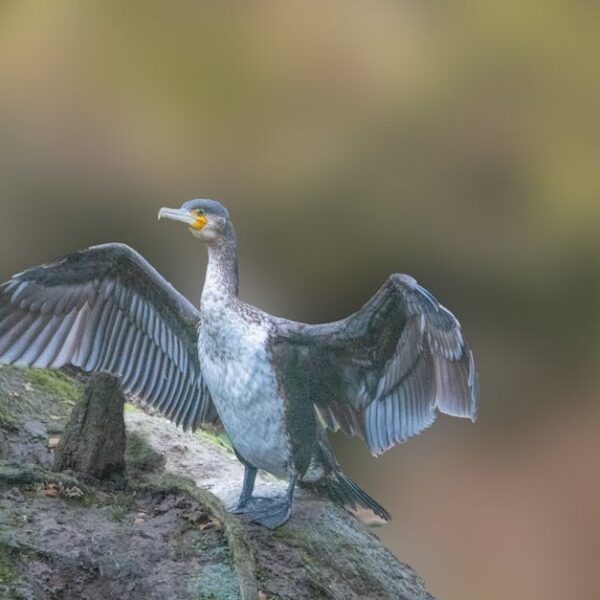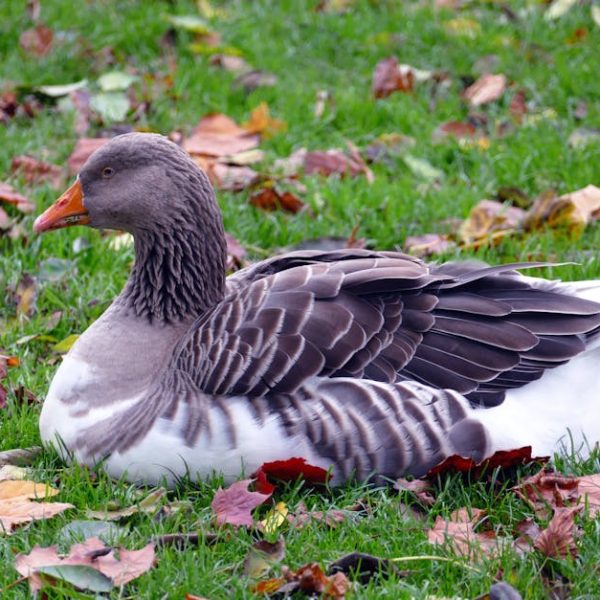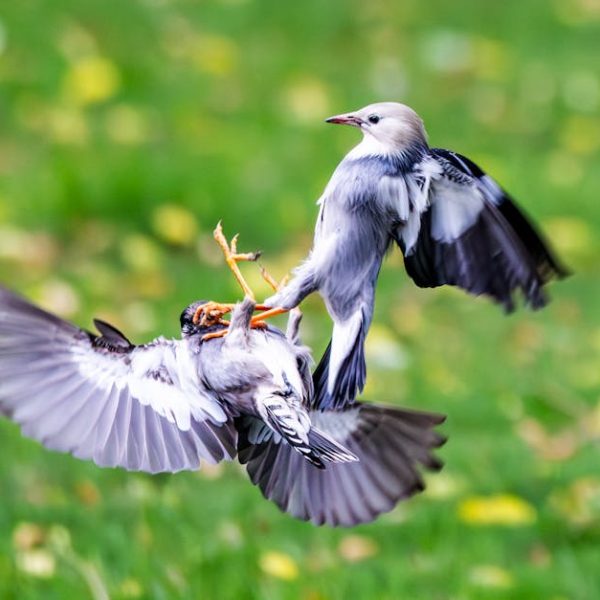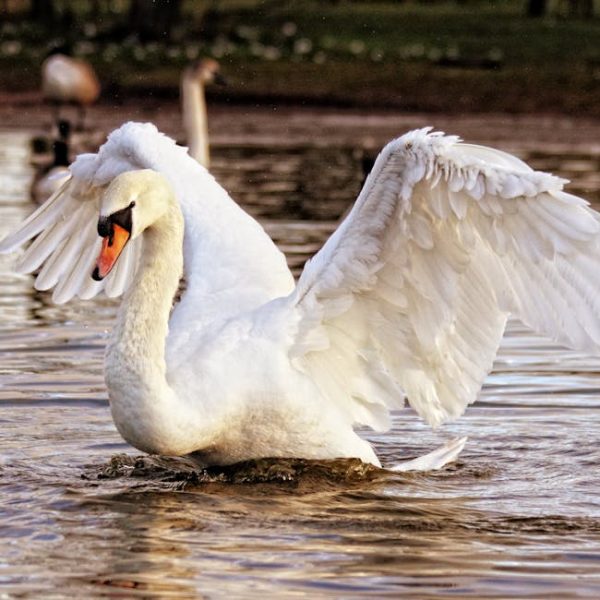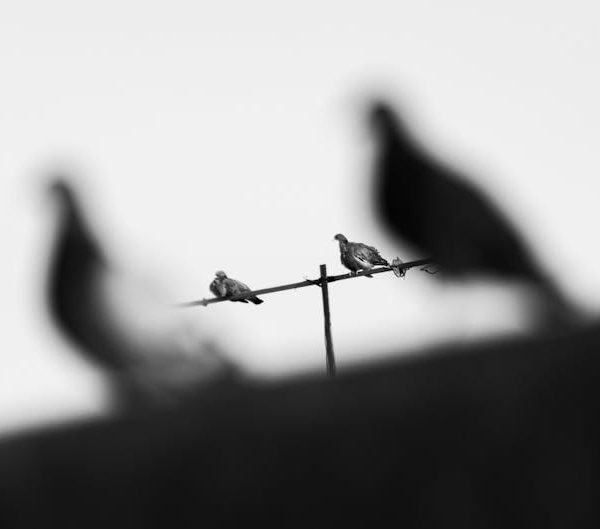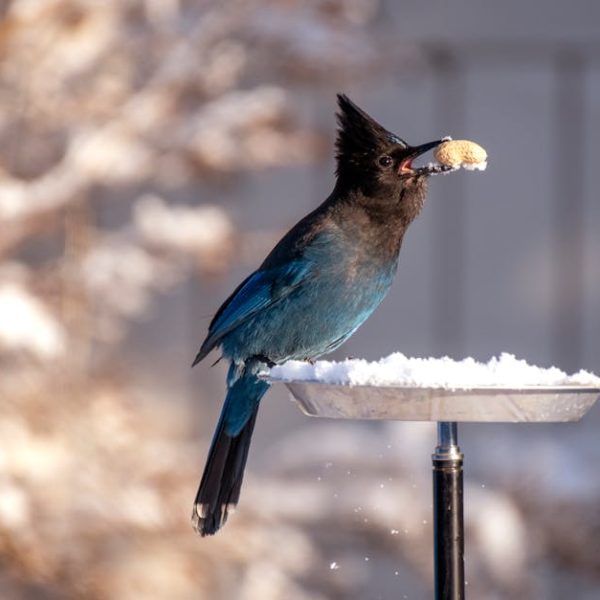There is something enchanting about the solemn hush that falls over the world at night, punctuated by the orchestra of some birds’ song. The phenomenon of birds singing at night, also known as nocturnal chorusing, has puzzled scientists and casual listeners alike. Let’s delve into the nocturnes of the avian world and try to solve this captivating mystery.
Understanding the Basics: Nocturnal Vs. Diurnal Birds
Exploring the world of birds, we come across a range of lifestyles adapted to various times of the day. Some birds are diurnal — thriving in the daylight hours, while others are nocturnal, hustling under the night sky. Then there are crepuscular birds that prefer the tranquility of dusk and dawn. Common nocturnal birds include owls, nighthawks, and nightjars, while robins, sparrows, and hawks are quintessential diurnal birds.
Characteristics of Nocturnal Birds
Nocturnal birds are marvelously adapted to their night-time lifestyle. Equipped with unique sensory adaptations like larger eyes for improved night vision, highly acute hearing, and specialized feather structure for silent flight, they conquer the night. Spotting nocturnal birds, however, may be a bit of a challenge due to their cryptic colors, but their distinctive calls often give them away.
▶️ Pro Tip: Listen for the low, soft hoots of owls, the whip-poor-will call of nightjars, or the eerie screams of nighthawks for identifying nocturnal birds.
Nocturnal Vs. Diurnal Birds
| Nocturnal Birds | Diurnal Birds | |
|---|---|---|
| Activity Time | Night | Day |
| Eyesight | Excellent night vision | Good daylight vision |
| Hearing | Highly acute | Less sensitive than nocturnal birds |
| Call | Distinctive, often loud | Variety of songs and calls |
The Science Behind Birds Singing At Night
Often, the science behind nocturnal chorusing lies in evolutionary adaptations. For some birds, the absence of daytime predators makes the night an ideal time for airing their melodies. For others, cool night temperatures reduce the amount of evaporative water loss during singing, making it a cost-effective practice.
Best Practice: If you happen to find yourself listening to the night chanteurs, ensure minimal noise and light disturbance. Remember, you’re a guest in their nocturnal world!
Navigating Human Impacts: Light Pollution and Birds
As we illuminate our cities ignoring the boundaries of daylight, our artificial light pollution has begun to escalate the confusion in avian communities. Birds perceiving this artificial brightness often begin singing earlier, confusing their internal clocks.
✔️ Checklist to Minimizing Light Pollution:
- Use light sources with lower intensity and warm color temperatures.
- Shield outdoor lighting and point it down to prevent light spillage.
- Switch off unnecessary lights, especially during migratory seasons.
Special Focus: Famous Night-Singers and Their Songs
Night-singers like the nightingale, known for its powerful and beautiful song, and the Northern Mockingbird, famous for its relentless nocturnal performances, make the night lively and exciting. They add an extraordinary melody to the otherwise quiet night, creating a thrilling, everchanging symphony of sounds.
Comparing Famous Night-Singers
| Nightingale | Northern Mockingbird | |
|---|---|---|
| Unique Song Feature | Eloquent and melodious | Varied and mimics sounds |
| Singing Pattern | Continuous, mostly at night | Almost non-stop, day and night |
| Habitat | Europe, Asia, Africa | North America |
Pro Tip: Many birds have unique vocalizations – it pays to closely listen and familiarize yourself with their different songs. Observing their singing patterns can also provide insights into their behavior.
With the unveiled mysteries of nocturnal bird song, may your night-time ventures be enriched by this melodious symphony from our avian co-inhabitants. Let their voices remind you of the immense complexity and charm of nature, even in the quietest hours.
Key Takeaway:
- Nocturnal and diurnal birds show different activity patterns and unique adaptations suited to their lifestyle. Nocturnal birds usually have enhanced senses, such as better night vision and hearing.
- Birds singing at night, or nocturnal chorusing, is explained by factors like evolutionary adaptations, reduced predators, and better energy management due to cooler temperatures.
- Artificial light pollution affects the nighttime behavior of birds, often leading to early singing and internal clock confusion.
- Famous nocturnal singers like the nightingale and Northern Mockingbird add charm to the night with their unique melodies.
While birds’ nocturnal singing may seem mysterious, it is part of their enchanting adaptability, reminding us of nature’s complexity. Encourage curiosity about our co-inhabitants on this planet. Embrace the opportunity to understand the avian world better and play our part responsibly by limiting light pollution.
FAQs
Q: Why is hearing important for nocturnal birds?
A: Hearing plays a crucial role for nocturnal birds as it helps them locate their prey and navigate their surroundings in limited light conditions.
Q: Are there any other birds, apart from the mentioned ones, that sing at night?
A: Yes, there are other birds such as whip-poor-wills, common nightingales, and blackbirds that are famous for their distinctive night songs.
Q: How is light pollution harmful to birds?
A: Light pollution can disrupt birds’ circadian rhythms, lead to early singing, and cause confusion during migratory periods which can risk survival.
Q: Can you provide any tips to identify nocturnal birds by their songs?
A: It’s helpful to familiarize yourself with different bird calls by listening to audio recordings. Note their distinctive characteristics such as pitch, rhythm, or pattern. Observing their singing patterns can also provide behavioral insights.
Q: Besides evolutionary reasons, are there any other theories explaining birds’ night singing?
A: Other theories suggest scarcity of daytime predators, lower night temperatures reducing evaporative water loss during singing, and urban noise reduction at night as potential reasons.
Feel free to share this article and explore more fascinating topics on our website!
